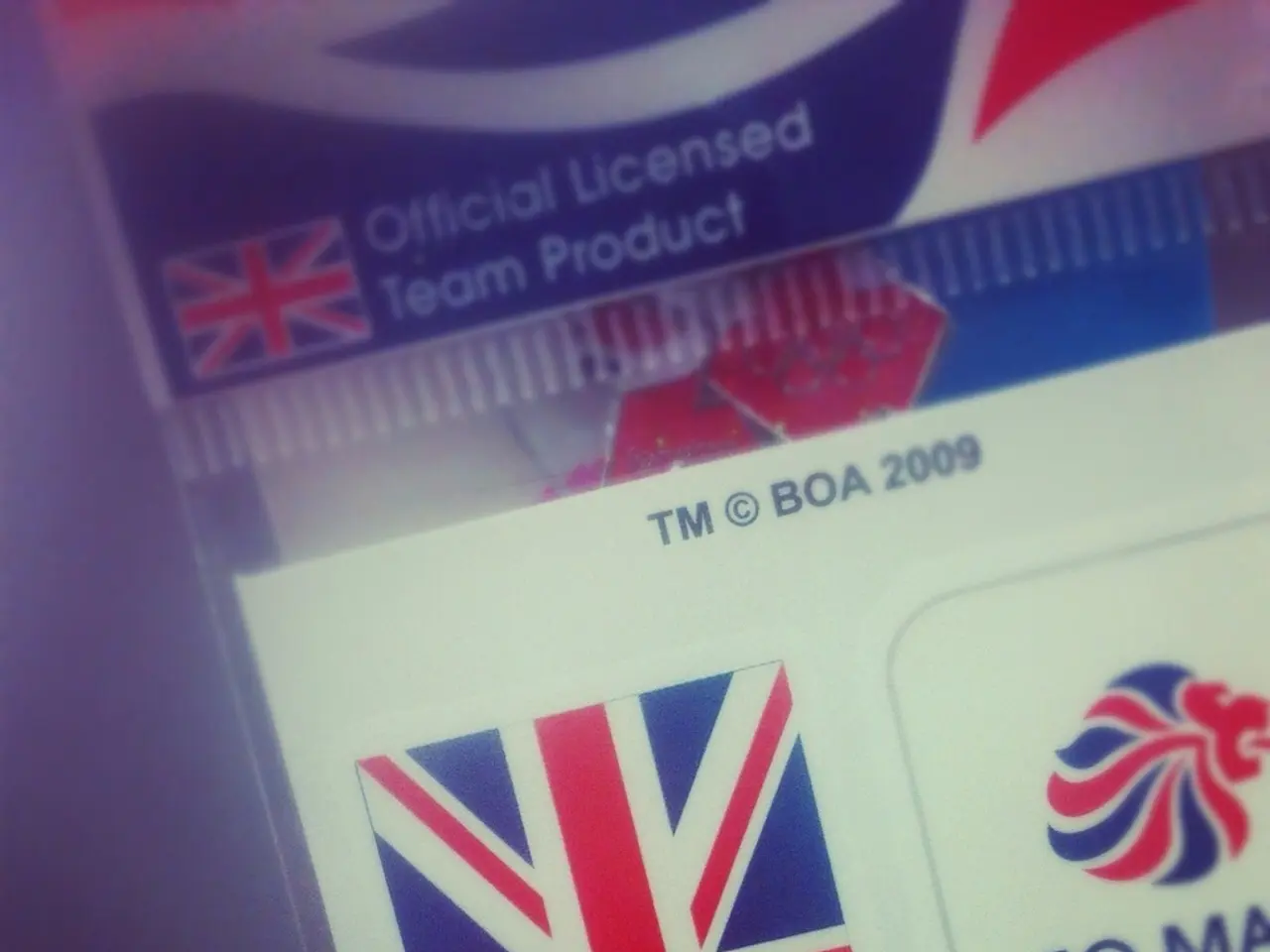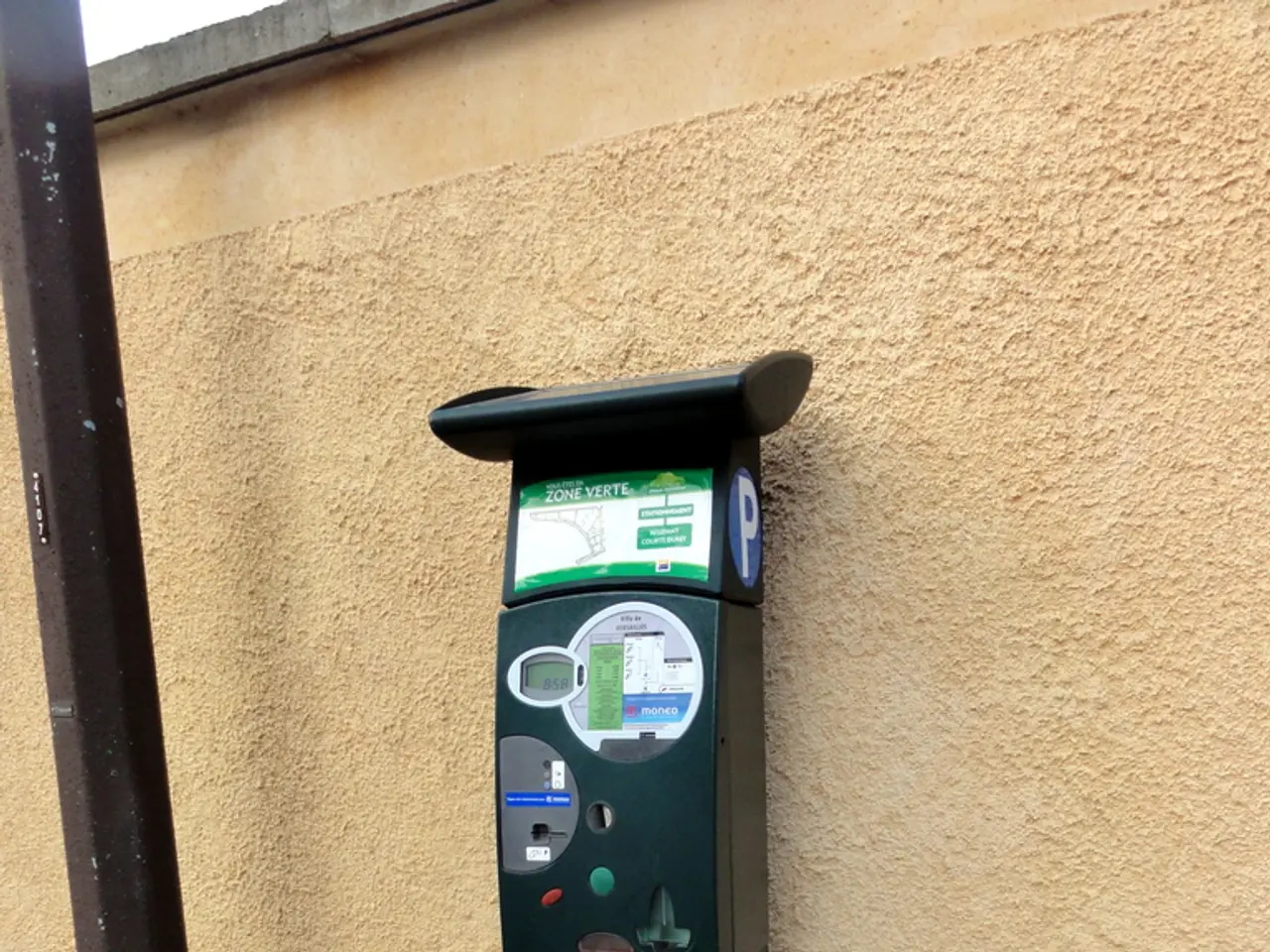EUDI Wallet - Set to Launch: A Comprehensive Overview of the European Digital Identity (EUDI) Electronic Wallet and its Anticipated Release Date
The European Digital Identity (EUDI) Wallet, a key component of the broader European Digital Identity Framework, was launched in 2023 with a series of Large Scale Pilot projects involving international consortia and various use cases [1]. This innovative digital identity solution aims to provide a secure, interoperable, and universally accepted digital identity across the European Union (EU).
The timeline for the EUDI Wallet's implementation has been marked by several significant milestones. In May 2025, the European Commission opened a call for evidence on the European Business Wallet, aligning with the EUDI Wallet framework [2]. This call closed on June 12, 2025, as part of broader stakeholder consultations running from March to September 2025.
In June 2025, new Implementing Acts related to the trust framework of the EUDI Wallet ecosystem were published for public consultation [2]. These acts include amendments to trusted lists, accreditation rules for conformity assessment bodies, and risk management procedures for non-qualified trust service providers.
By November 2026, every EU Member State must make at least one certified EUDI Wallet available to its citizens [3][5]. This marks a significant step towards the widespread adoption of the EUDI Wallet across the EU.
The benefits of the EUDI Wallet are manifold. It ensures seamless interaction across different EU countries, facilitating cross-border transactions and interactions [1][3]. The wallet provides a secure environment for storing and sharing identity credentials, enhancing privacy and trust in digital transactions [2][5]. It also aims to simplify administrative processes by offering a unified platform for managing identity and related documents [1].
The EUDI Wallet offers specific improvements as well. The European Business Wallet, which builds on the EUDI Wallet framework, allows businesses to securely share credentials like licenses and permits, facilitating B2B and B2G interactions [1]. The wallet will enable easy access to public services, including e-government and potentially health services, by integrating with existing digital identity systems [4][5]. Future expansions, such as age verification, will utilize privacy-preserving frameworks, ensuring personal data protection while providing necessary identity verification [4].
The EUDI Wallet is intended to digitalize all public services in Europe and create the European digital single market. It will be released in 2026, another significant step towards the goals set by the "Digital Decade 2030" program [6]. The wallet managers, who will verify identities, will be defined at the community level [7]. Member states will be obliged to accept the digital identities and EUDI Wallets of other countries due to the eIDAS revision [8].
The rapid spread of digital identities since 2020 has not been limited to an Italian phenomenon. In 2021, the percentage of digital IDs present in the population increased in every European country [9]. By December 24, 2026, all Member States must provide a wallet to their citizens, while by December 24, 2027, obliged companies must accept identification through the EUDI Wallet [3].
In conclusion, the EUDI Wallet offers a harmonized, legally recognized identity solution that enhances efficiency, security, and privacy across the EU. It will allow EU citizens to access a valid recognition system throughout Europe, enabling them to access public services, open a bank account, rent a car, prove age, or access public services in every EU country [10]. The EUDI Wallet is an improvement in terms of privacy and protection of personal data of citizens, as it is similar to the Self Sovereign Identity based on Blockchain [11].
In the context of the EUDI Wallet's expansion, the European Commission launched a call for evidence on the European Business Wallet in May 2025, focusing on its alignment with the EUDI Wallet framework [2]. Additionally, the EUDI Wallet, with its integrative nature, will foster enhanced security and privacy in financial transactions through technology, as it will potentially enable access to banking services [10].




